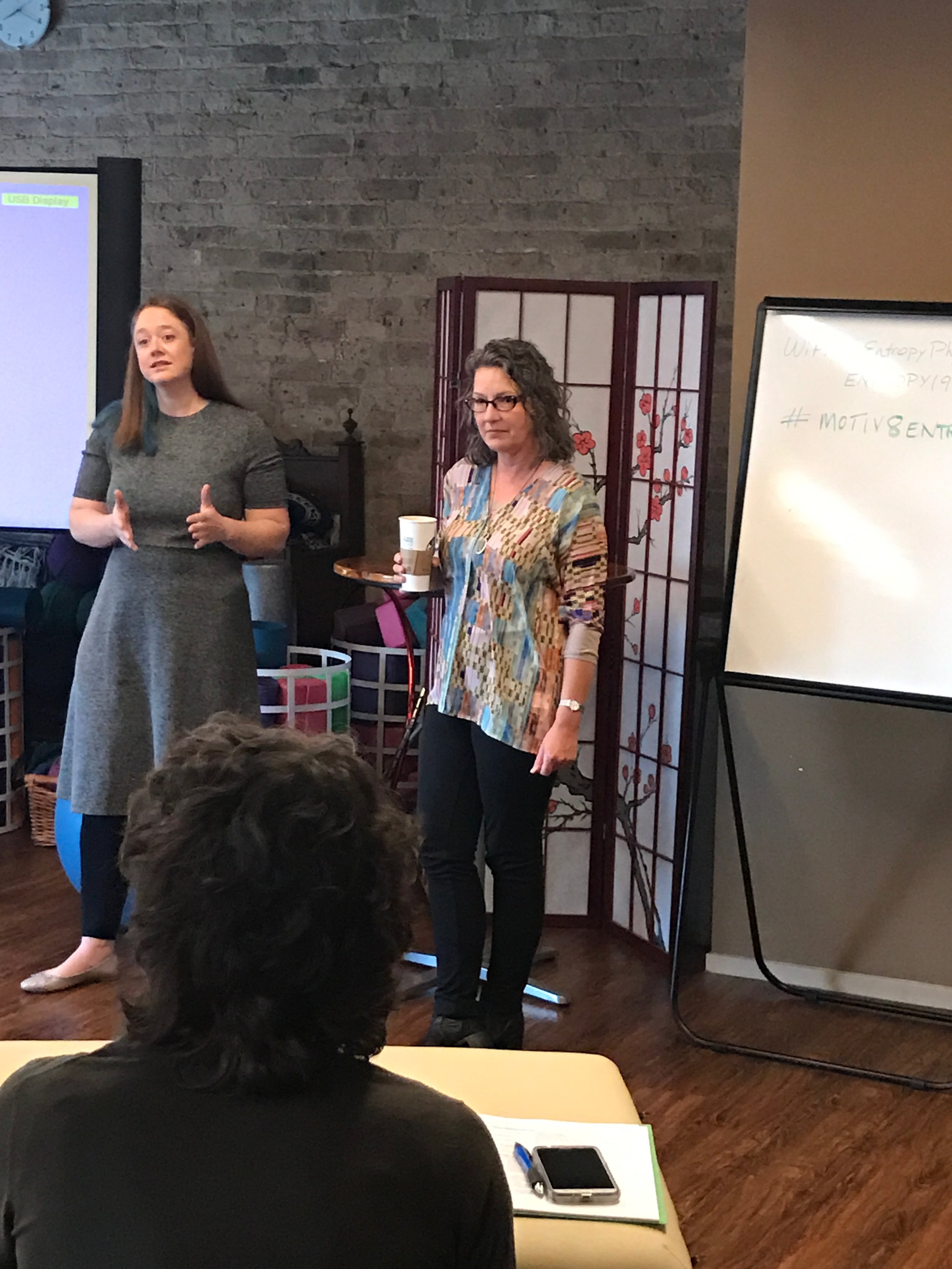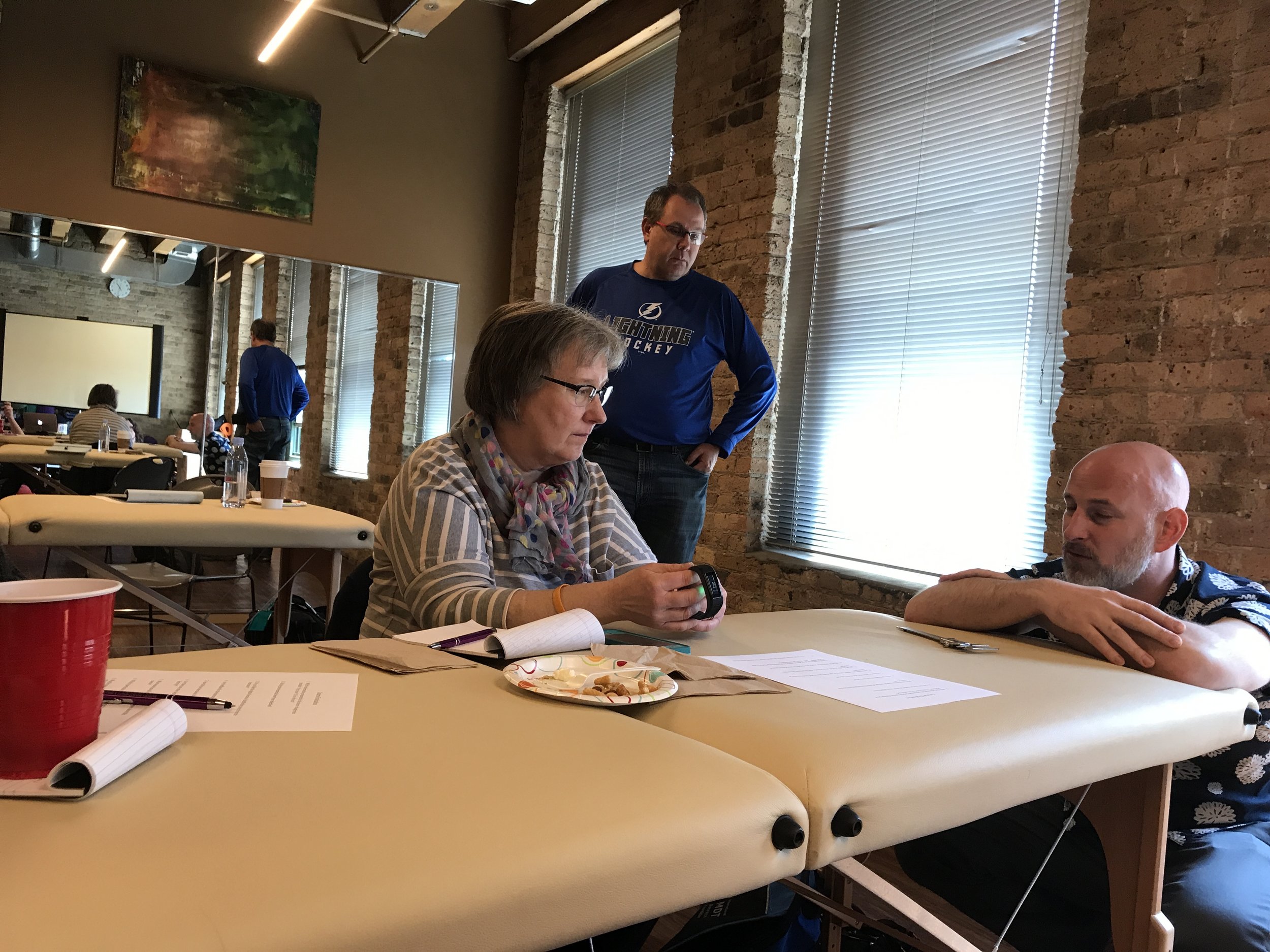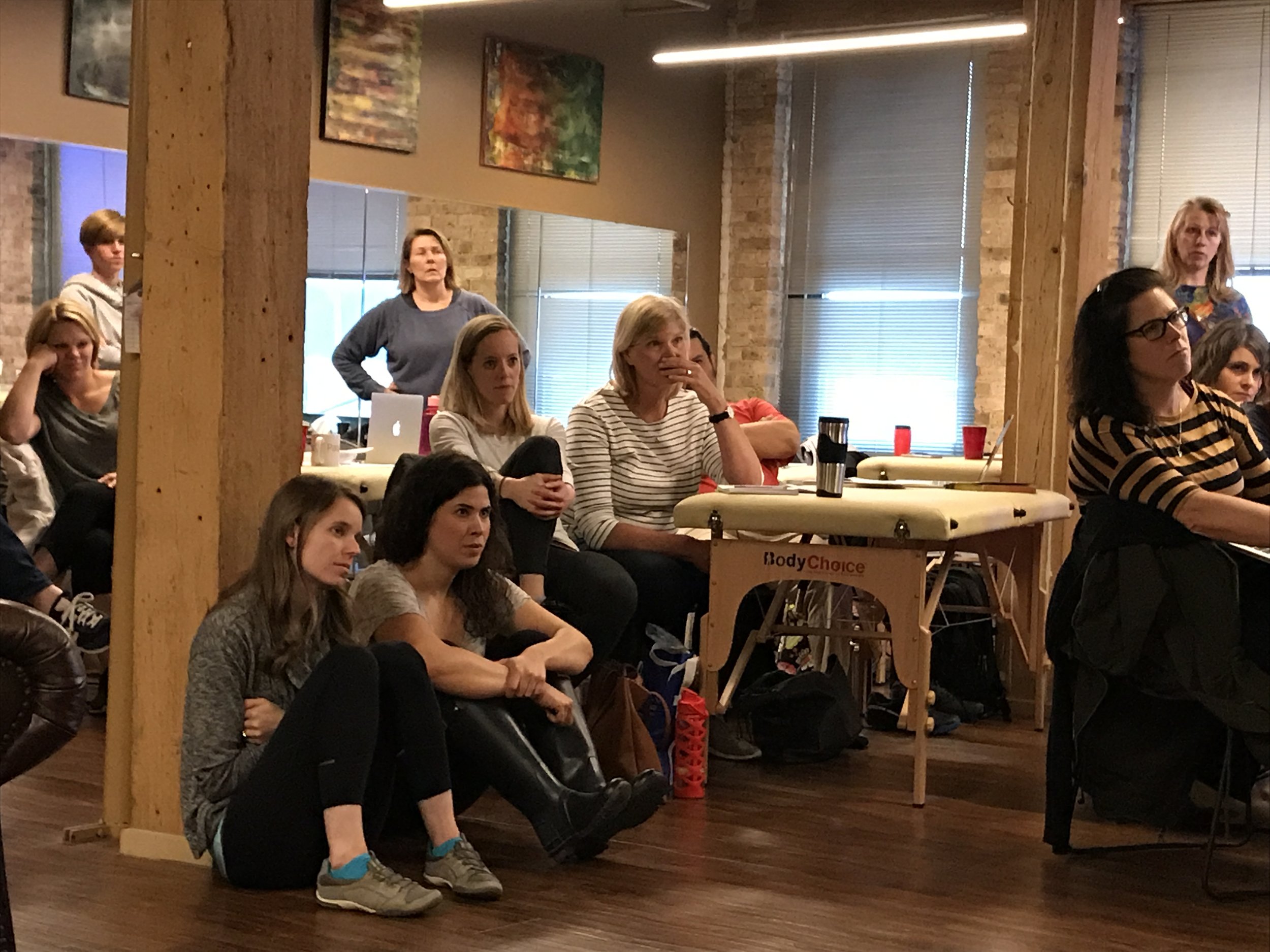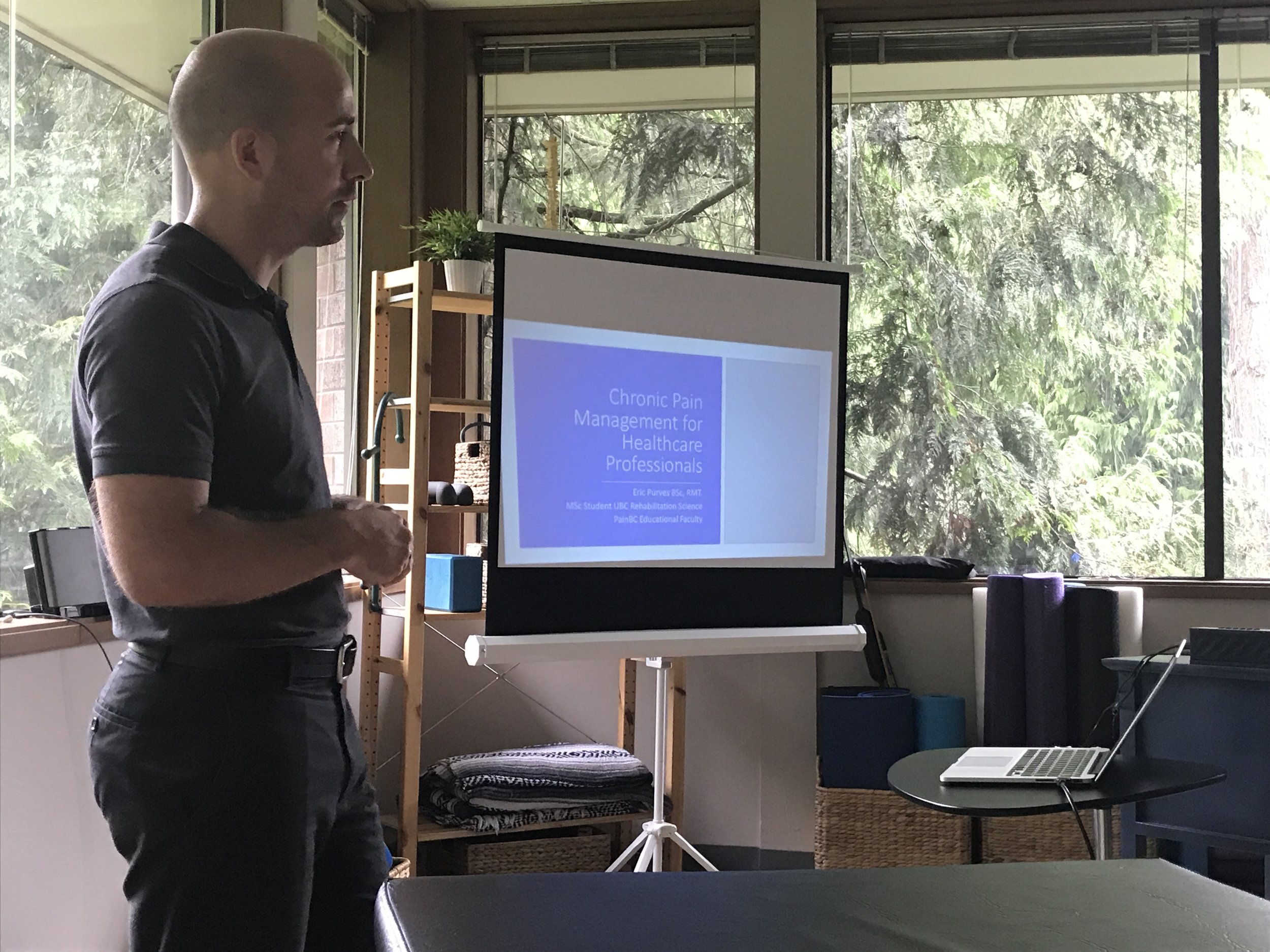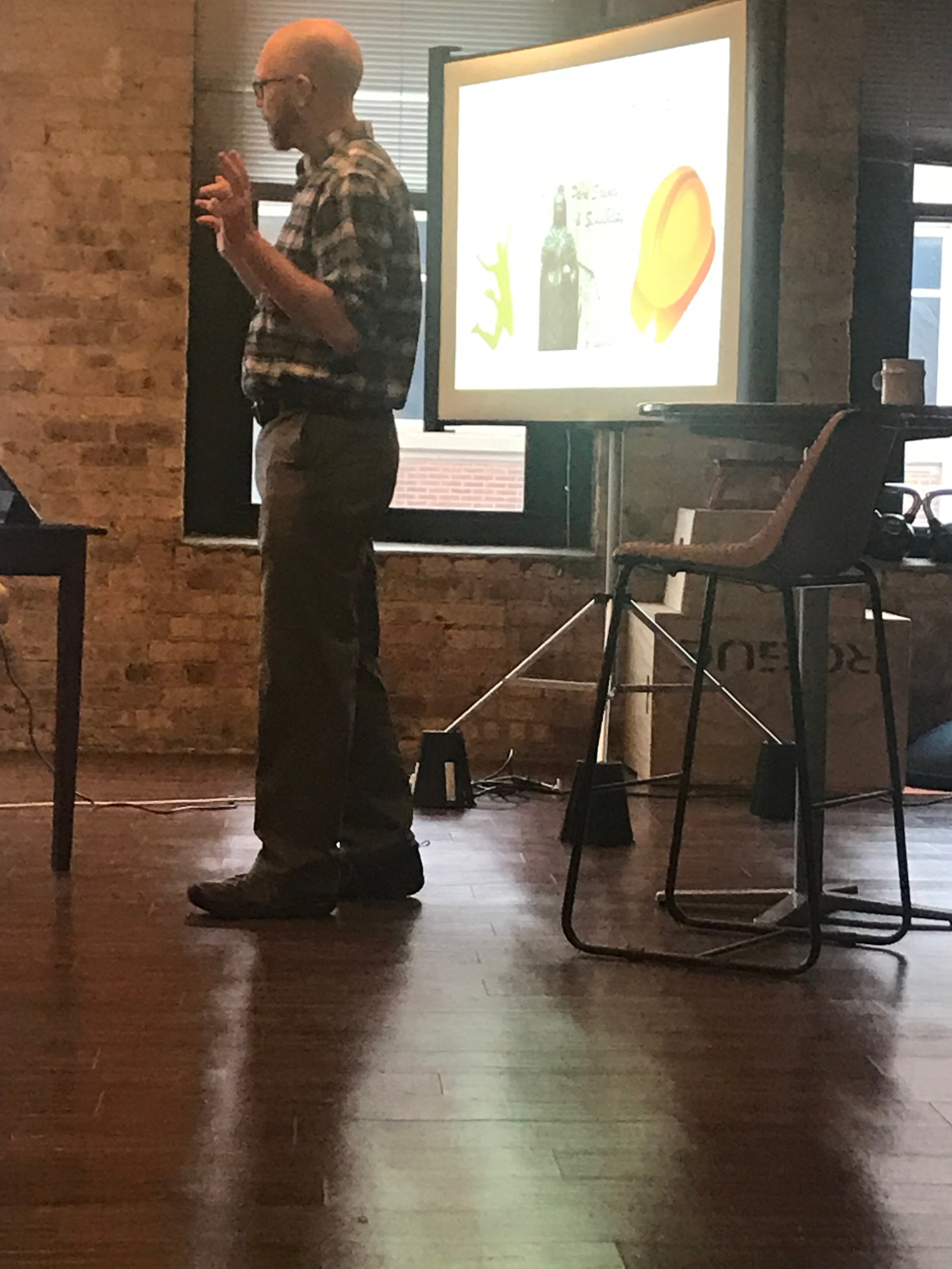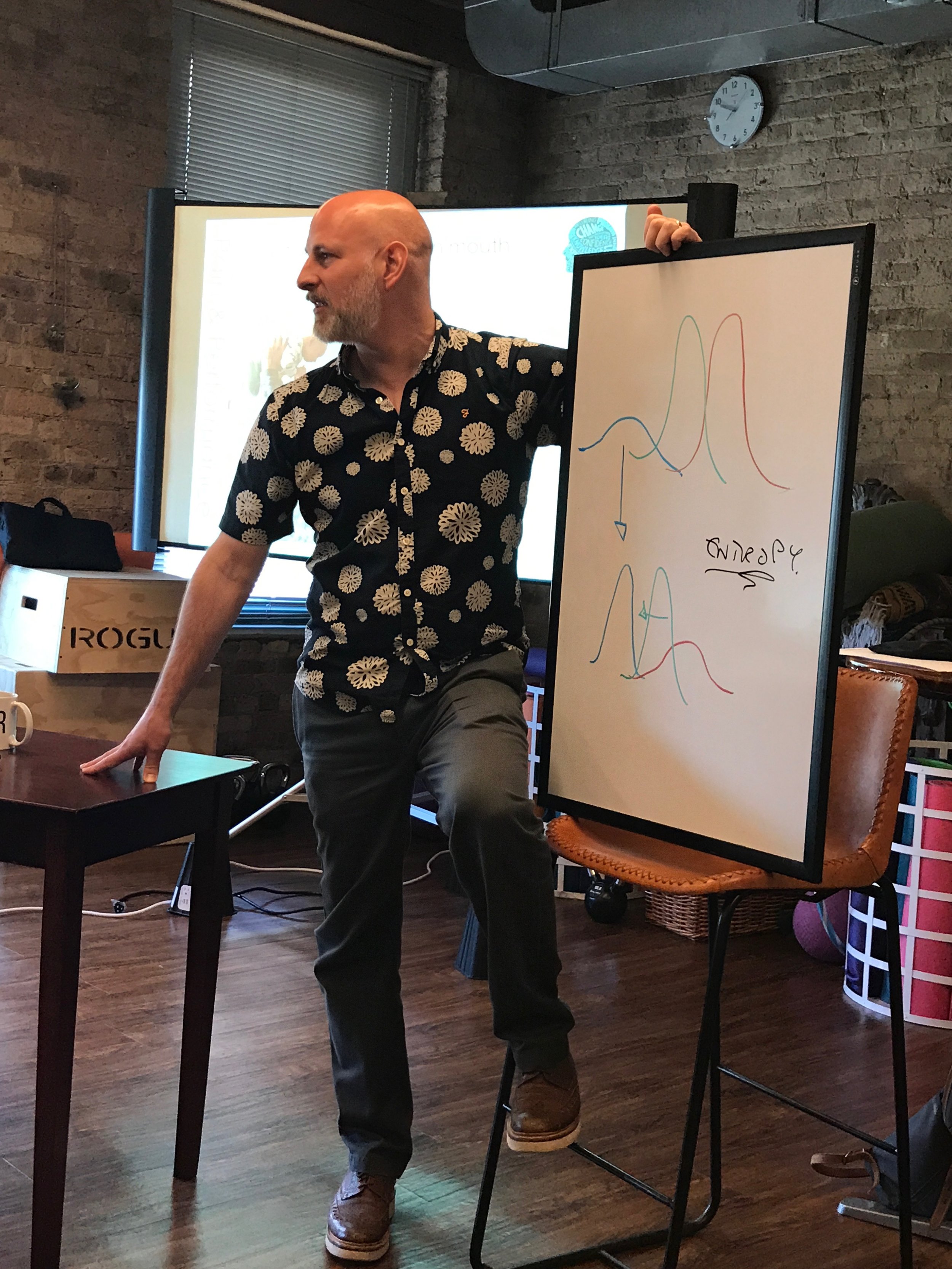This event has been canceled due to low enrollment. However, we are working hard to bring other options. Please fill out the info below if you have questions, or would like to know what we have in store!
Instructor: Jason R. Falvey, PT, DPT, GCS, CEEAA, PhD(c)
Description: Statistics are a powerful, but often misinterpreted and misapplied language that can both enhance the allure of potentially ineffective treatments and dampen the enthusiasm for promising alternatives. This 2-day course will help healthcare professionals meaningfully evaluate and interpret statistical methodologies used to present data. This interactive and applied course will use examples from rehabilitation and medical literature to help clinicians become comfortable with reading and critiquing the statistical methods used in research articles.
Topics will include:
1.) review of statistical terminology such as power, effect size, and responsiveness
2.) simple statistical comparisons for 2 group and multiple group comparisons such as t-tests, chi-squared tests, and ANOVA
3.) linear and logistic regression and
4.) survival analysis (time-to-event). We will use publically available checklists such as CONSORT statements, STROBE statements, and PRISMA to guide reviews of articles and give attendees tools for future reviews.
Objectives:
By the end of the two-day course, attendees should be able to:
· Describe common statistical tests and assumptions for group comparisons in research articles
· Be able to define how statistical power is important to interpreting conclusions of an article
· Define effect size and its relevance to interpreting article conclusions
· Interpret unadjusted and adjusted statistical models within rehabilitation literature
· Differentiate between statistical significance and clinically meaningful differences in research papers








